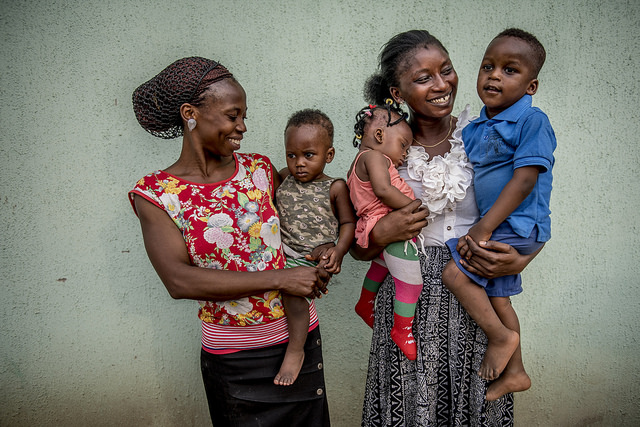Ensuring Gender-Sensitive, Respectful Services
In many settings worldwide, health facilities fail to deal with the gendered aspects of care and treatment, including the challenges that clients face in accessing care and the delivery of services. Gender inequalities, unequal power dynamics, and negative provider attitudes impede respectful care for clients. In part due to gender norms and the overall low status of women in society, health providers sometimes practice gender discrimination toward clients, including — but not limited to — physical, sexual and emotional abuse, non-consented care, and a lack of privacy. On the other hand, health care providers in many societies also see reproductive health services as purely a woman’s domain and sometimes alienate men from participating.
MCSP helped facilities and providers take action to ensure that gender-sensitive, respectful services are provided to all clients through:
- Conducting quality assurance and quality improvement on gender-sensitive service delivery in facilities using a standards-based supervision tool in a participatory process with providers;
- Addressing gender-based discrimination leading to mistreatment of health workers and clients, through sensitization, skills-building and mentorship of health providers and facility managers; and
- Building reproductive health services that are non-stigmatizing or gender-discriminatory to adolescents, unmarried people and non-traditional gender identities and sexual orientations.

